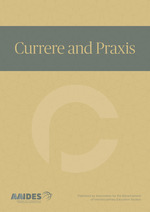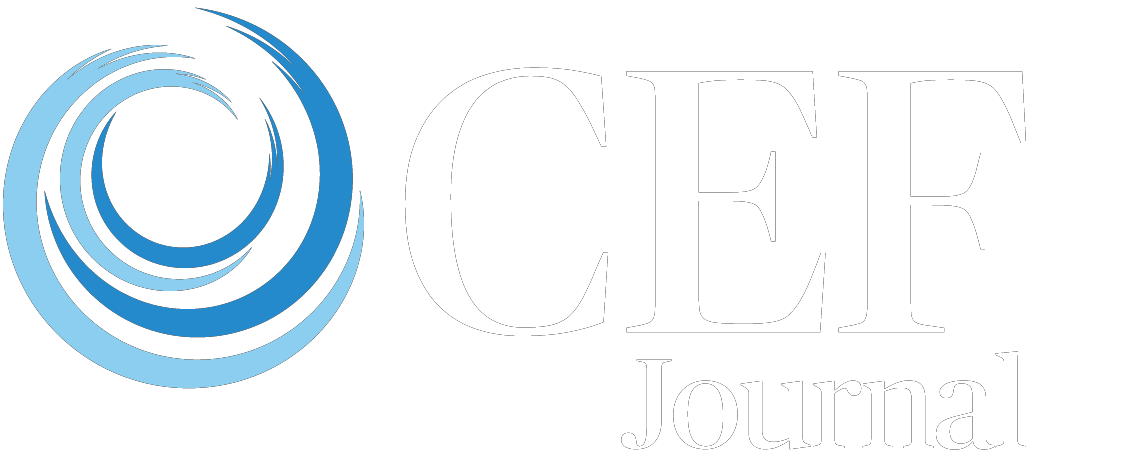Conflicts of Interest Statement
Editors
Editors should be responsible for managing the review process and have the right to decline any submission in case of any conflict-of-interest. They should not have any direct personal and/or financial conflicts with their assigned manuscripts. They should not be assigned to manuscripts if they are on the author list.
Reviewers
Reviewers should be responsible for declining the review process if any substantial conflicts-of-interest exist. In case of any doubt, they should consult the Editor to make a decision regarding the review process. Researchers from authors' institutions should not be considered as peer reviewers to prevent any conflicts-of-interest.
Authors
According to the general publication policy of Culture, Education, and Future (CEF), only the researchers who contributed to the work in a real sense should be considered as an author. Authors should be responsible for disclosing all the personal and financial relationships that might bias their work. Financial relationships such as employment, consultancies, stock ownership, honoraria, and paid expert testimony can be classified as the most easily identifiable conflicts-of-interest and the most likely to undermine the credibility of the journal. To clarify the conflicts-of-interest issues, authors must submit a letter to the editorial office accompanying the submitted manuscript and explicitly state if any potential conflicts exist or not.
*Prepared by the publisher, reviewed, and approved by CEF Editors and commissioned Editorial Board Members. Updated on 28 March 2024.








